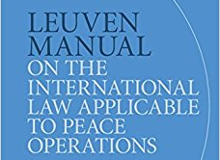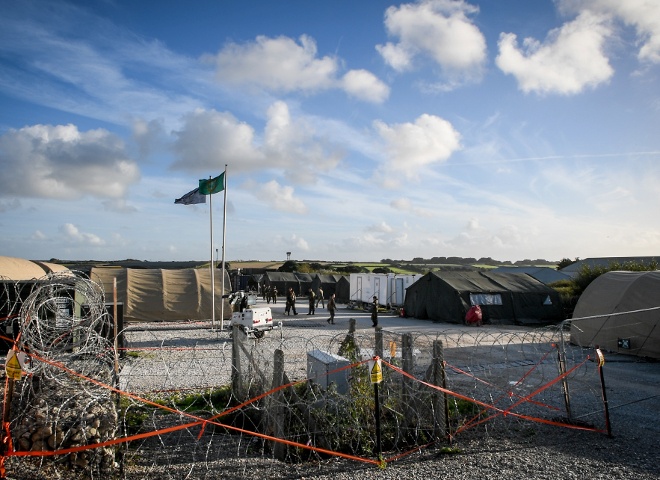
As the English Court of Appeal breaks for the summer vacation, scores of international lawyers are about to descend on one of its latest decisions: Mohammed v Secretary of State for Defence; Rahmatullah and Ors v MoD and FCO [2015] EWCA Civ 843. In this 109-page long judgment, the Court upholds the conclusion reached at first instance by Leggatt J that British armed forces participating in ISAF lacked the legal authority under international law to detain suspected insurgents captured in Afghanistan.
The implications of Serdar Mohammed are considerable. The case raises difficult questions about the place the European Convention on Human Rights (ECHR) occupies in the international legal order and, more broadly, about the relationship between international human rights law and international humanitarian law (IHL). Those who have followed this debate will recall that we were not convinced by Leggatt J’s reasoning on these points (see here, here and here). In so far as it upholds his main conclusions, we also find ourselves in disagreement with the judgment now delivered by the Court of Appeal. Rather than rehearsing our arguments on the underlying issues in full (see in detail here), in this post we would like to briefly comment on those aspects of the Court’s decision which, in our view, take the debate forward and those which do not.









